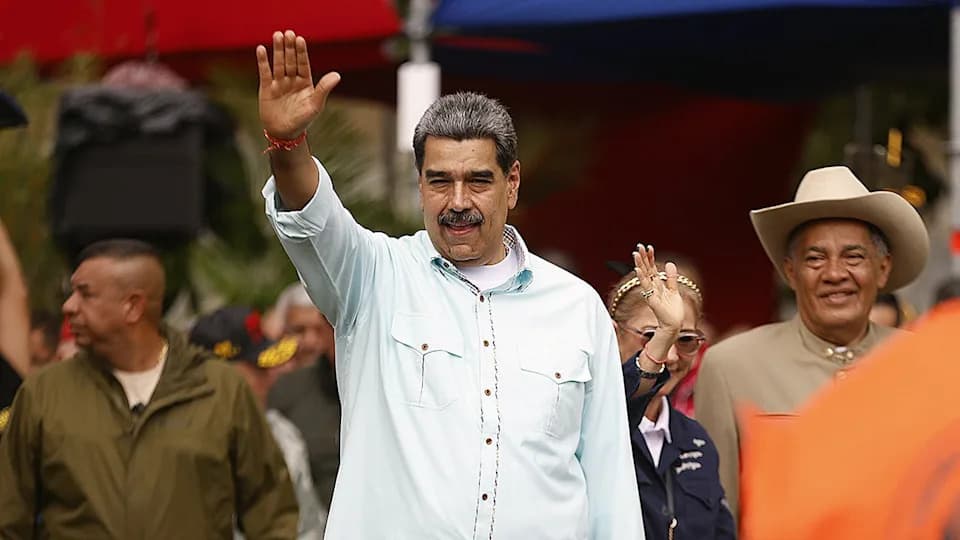Guatemala has formally invited FBI agents to assist in the search for 16 members of the Barrio 18 gang who escaped Fraijanes II prison on Oct. 12. A U.S. delegation arrived this week to work alongside Guatemalan authorities, led by the Vulcano Joint Task Force — an FBI unit focused on combating transnational criminal organizations.
Coordination and tactics: Interior Minister Marco Antonio Villeda met with the FBI team to launch joint operations. The collaboration will focus on intelligence sharing, tracing fugitive profiles, international tracking, updating Interpol alerts and identifying possible logistical support networks that could be sheltering the fugitives. Authorities said several of the escapees carry combined prison sentences exceeding 1,000 years for multiple homicides and extortion.
How the breakout unfolded: Prosecutors say 20 inmates from Barrio 18 walked out of Fraijanes II in mid-October without emergency protocols being activated. The escape was discovered days later; investigators say the inmates left through the prison’s main gate and have ruled out tunnels or violent clashes, strengthening suspicions of internal collusion by prison staff. To date, only four of the escapees have been recaptured.
"The jailbreak is totally unacceptable," the U.S. Embassy said, urging immediate action and warning that the United States would hold accountable anyone who provides material support to designated gang members.
Political and institutional consequences: The mass escape has triggered a governance crisis. President Bernardo Arévalo, who was traveling in Europe at the time, faced criticism for a delayed response. Upon his return, he dismissed the interior minister and the prison directors and requested international support to locate the remaining inmates. The Public Ministry asked Congress to lift the immunity of the president and Vice President Karin Herrera, accusing them of failing to carry out their duties — a move many observers see as part of an ongoing clash between the executive and judicial branches.
Policy response and concerns: The government has launched a legislative and operational offensive that includes debate over an Anti-Gang Bill, plans to build a maximum-security prison to isolate criminal leaders, demolition of unauthorized inmate-built structures inside Pavoncito prison, and the rollout of biometric systems to prevent identity fraud. Business groups and analysts have questioned the state's capacity to maintain territorial control. The opposition has criticized the measures as "reactive" and "cosmetic," while human rights organizations warn of risks associated with militarizing the prison system.
Inviting the FBI aims to bolster capacity and restore institutional trust, but the episode has exposed persistent weaknesses in Guatemala’s prison system and highlighted the broader challenge of confronting organized crime without eroding civil liberties or democratic oversight.


































